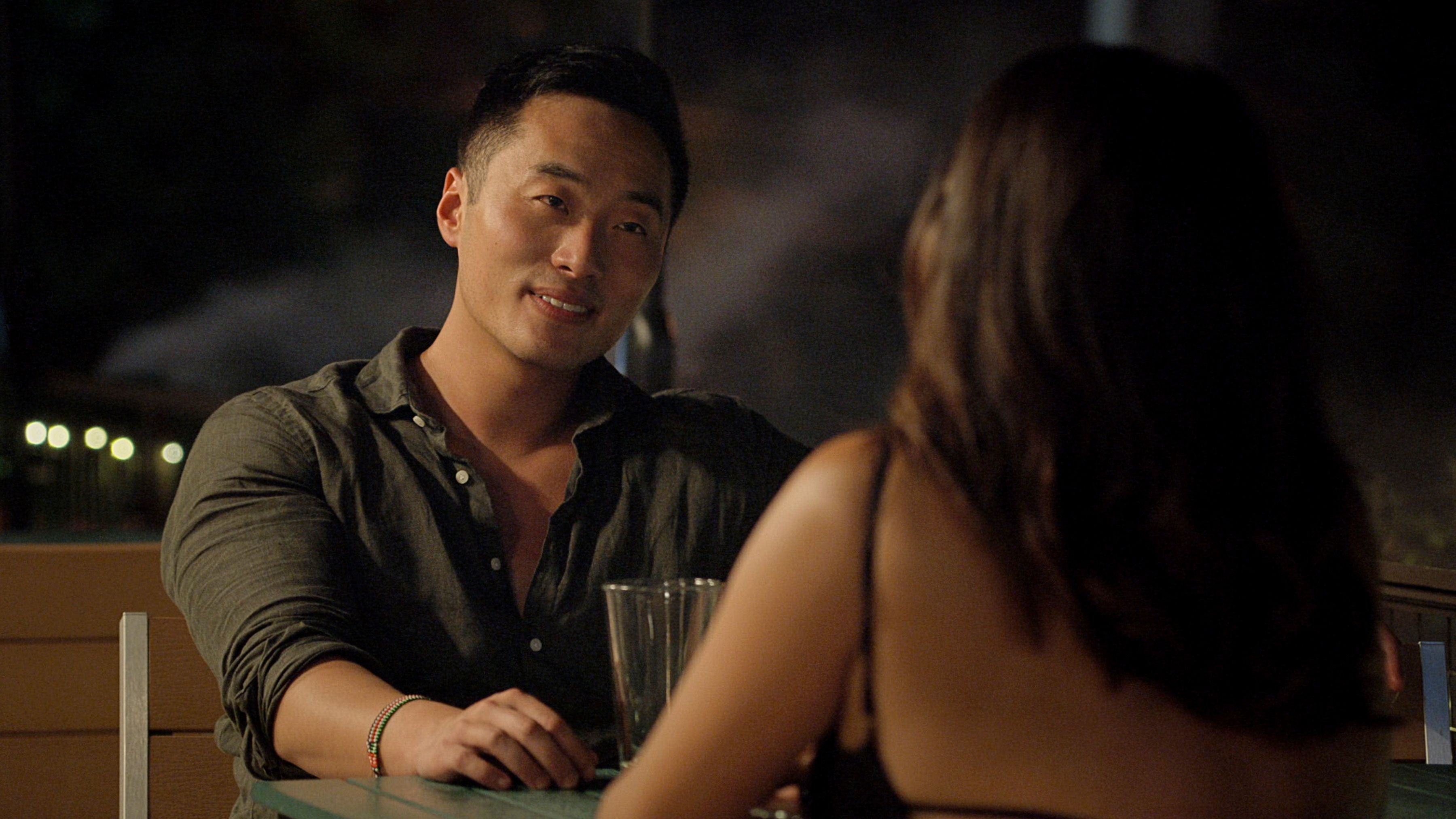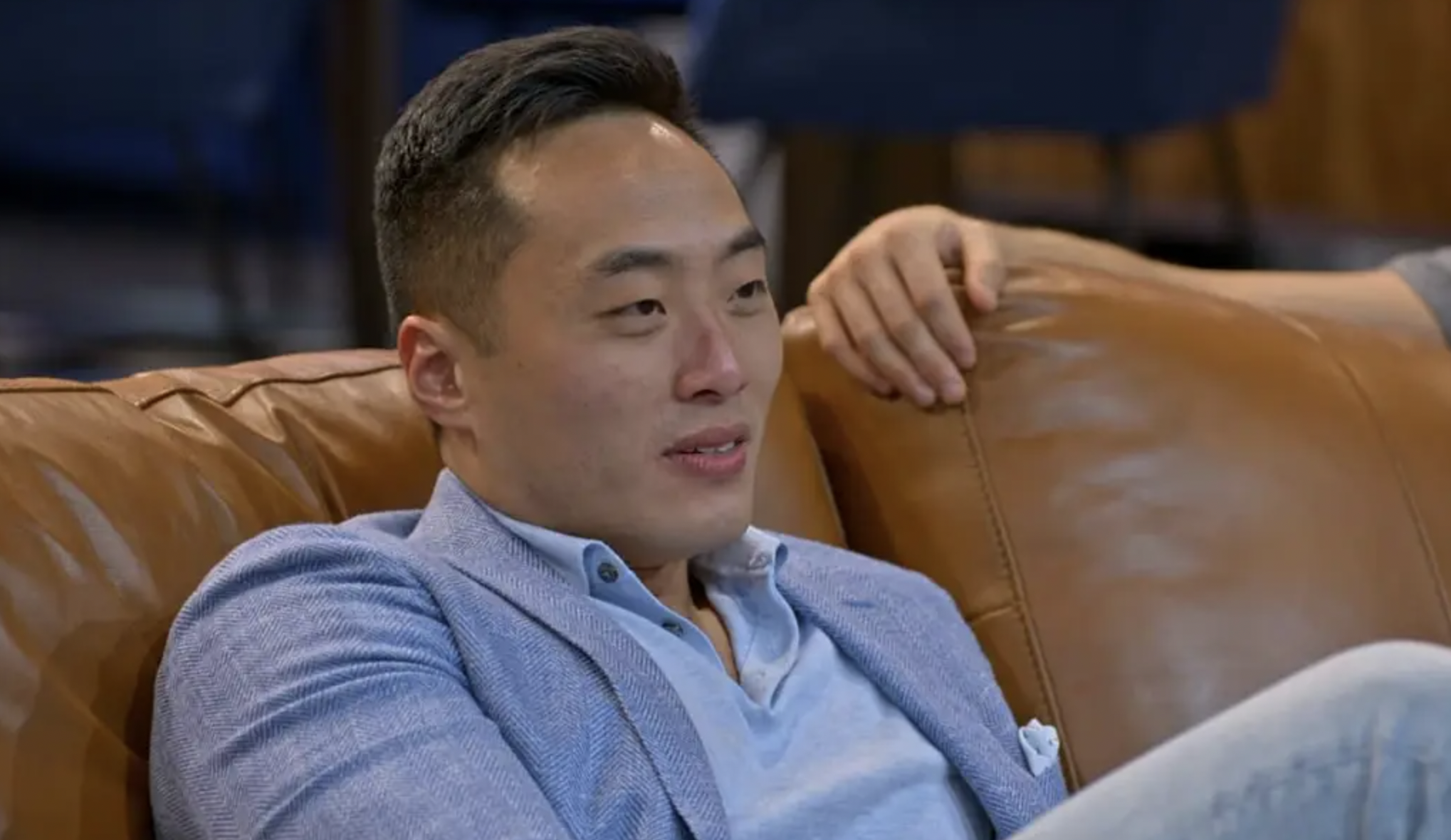Love is Blind Fake Tears: A Reality Check
https://showfakes.com/wp-content/uploads/2023/12/6358504afc29ff001a5f6bce.webp 1000 750 Admin Admin https://secure.gravatar.com/avatar/9c89a0590fb34eb4e2bf2f9088e9f86a?s=96&d=mm&r=gLove is Blind Fake Tears or Dry Eyes? Examining the Viral Scene of Andrew Liu’s Eye Drops
The third season of Netflix’s hit reality show “Love is Blind Fake Tears” was filled with drama, unexpected twists, and plenty of tears. But one scene in particular went viral for an unusual reason: Andrew Liu’s use of eye drops to seemingly produce tears during a confessional. This moment sparked heated debate among viewers, with some accusing him of being manipulative while others defended him, claiming the eye drops were for dry eyes.
In the scene, Andrew is discussing his emotional state after being rejected by Nancy Rodriguez. He reaches into his pocket, pulls out a bottle of eye drops, and administers them to himself. The camera zooms in on his eyes as he begins to cry, leading viewers to question whether the tears were genuine or manufactured.
The Debate Heats Up
The internet quickly erupted with reactions to the scene. Social media platforms were flooded with memes, jokes, and theories about Andrew’s motivations. Some viewers saw it as a desperate attempt to manipulate Nancy and gain sympathy from the audience. Others believed that the eye drops were a harmless way to deal with dry eyes during an emotional moment.
Official Statements
Even the show’s hosts, Vanessa and Nick Lachey, weighed in on the controversy. Vanessa defended Andrew, stating that he was not faking tears but simply taking care of dry eyes. Nick added that the filming environment was hot and muggy, which could contribute to eye irritation.
Andrew’s Perspective
Andrew himself addressed the issue on social media, claiming that he used the eye drops for dry eyes and that he was genuinely upset about Nancy’s rejection. He also expressed his frustration at the negative comments and accusations directed at him.
Examining the Controversy

While there is no consensus on whether Andrew’s tears were real or fake, the scene raises several interesting questions about the role of authenticity in reality TV. Should contestants be held to a higher standard of transparency? Is it manipulative to use any form of artifice to portray emotions on camera?
Beyond the Show
The “Love is Blind” eye drop incident sparked discussions about the broader issue of disingenuity in reality television. It serves as a reminder that what we see on screen is often carefully constructed and edited to create a specific narrative. As viewers, it’s important to be critical and question the authenticity of the portrayals we see on reality shows.
A Lasting Impact
:max_bytes(150000):strip_icc():focal(756x131:758x133)/love-is-blind-jpand-taylor-tout-092723-9fbac50fa4f348f69d6b70325f665b61.jpg)
Whether or not Andrew Liu’s tears were real, the scene has undoubtedly left a lasting impact on his perception and the show itself. It has become a meme-able moment and a talking point for fans of the series. It also serves as a cautionary tale for reality TV contestants, reminding them that their every action will be scrutinized by the public.
Conclusion
The “Love is Blind” eye drop incident is a complex and multifaceted issue. There is no easy answer to the question of whether Andrew’s tears were real or fake. However, the incident has sparked important conversations about the role of authenticity in reality TV and the perception of contestants. As viewers, it’s important to be critical and engage in thoughtful discussion about the shows we watch.













